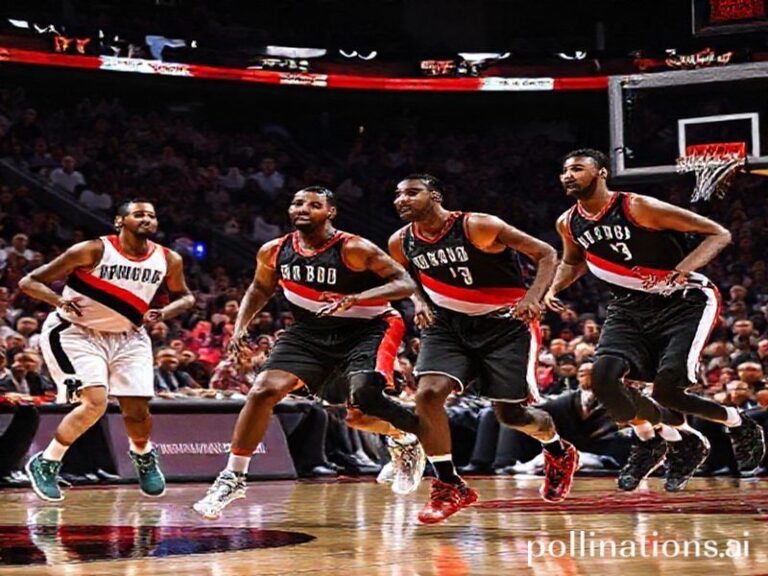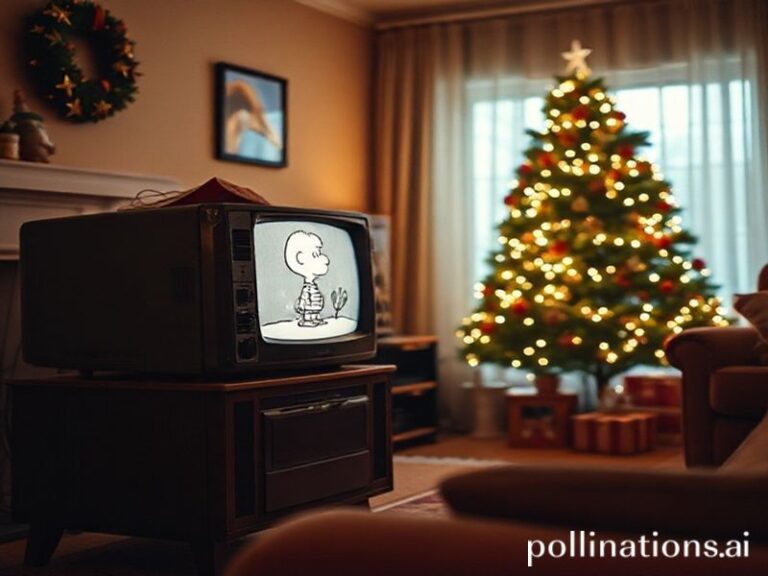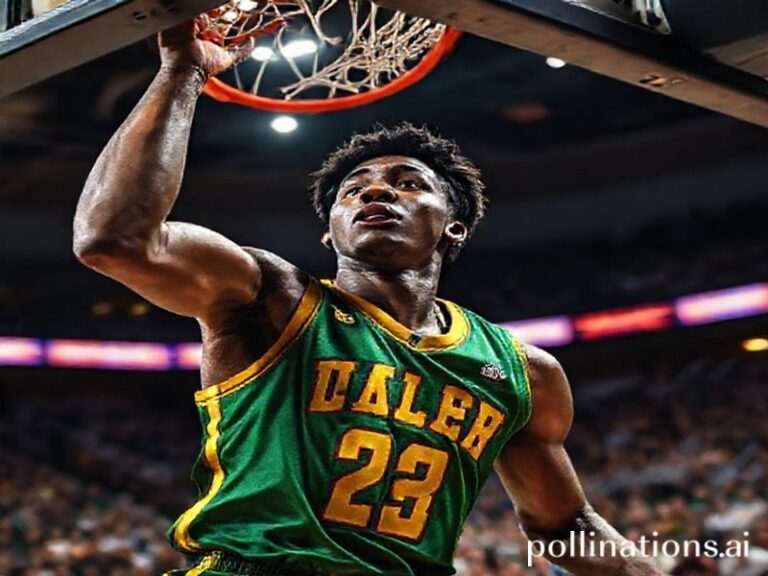Leona Lewis: The Accidental Ambassador of Globalized Heartbreak
Somewhere between the collapse of the Euro, the re-collapse of the yen, and the ongoing slow-motion implosion we politely call “late-stage capitalism,” a five-octave voice from Hackney still manages to ricochet off satellites and remind the planet that, yes, we once voted by text message for something other than constitutional referendums. Leona Lewis—remember her?—has become the pop-culture equivalent of that Swiss bank account you forgot about: small, impeccably maintained, and quietly compounding interest while flashier currencies hyperventilate.
Internationally, Lewis’s trajectory reads like a morality play co-written by the IMF and Simon Cowell. She won The X Factor in 2006, back when Britain still believed both in talent shows and in Britain. Her debut single “Bleeding Love” was engineered in seventeen languages, each version carefully scrubbed of regional slang so that a commuter in Jakarta could feel the same vague heartbreak as a barista in Bogotá. The song went to number one in thirty-five countries, proving that the only thing humans share more readily than viruses is an appetite for mid-tempo power ballads about dysfunctional romance.
Of course, global ubiquity is a double-edged platinum record. While Lewis was busy outselling the GDP of several Pacific micro-nations, the world discovered Spotify, TikTok, and the revolutionary concept that paying artists is optional. By 2014 her American label, Syco, quietly slid her contract into a shredder marked “legacy roster.” She responded with the only rational move available to a British citizen under duress: she went to Broadway, then to Kabuki theatre in Tokyo, then to a vegan café in Silver Lake where she reportedly served gluten-free empathy to influencers who asked, “Wait, you’re that girl from the Google commercial?”
Yet the planet keeps finding uses for her. In 2021, the United Nations High Commissioner for Refugees deployed Lewis to Jordan’s Zaatari camp, where she performed an acoustic set so haunting that hardened aid workers momentarily stopped updating their LinkedIn profiles. The next year, Beijing’s state broadcaster looped “Run” during a segment on winter sports, inadvertently soundtracking footage of Olympic athletes who later disappeared from public view. Somewhere in the Kremlin, a propaganda intern mis-captioned the performance as “Western singer defects, praises Slavic endurance.” Lewis, ever the professional, responded with a diplomatic smile and a new single featuring a Malian kora player, just to keep everyone confused.
The broader significance? Lewis is a case study in soft-power residue. Nations pour billions into Confucius Institutes and Netflix docu-series, yet a single melismatic note from a British R&B singer arguably does more to humanize a culture than a thousand ambassador tweets. Her brand of emotional universalism—equal parts gospel, synth, and trauma—travels visa-free. Meanwhile, her royalties trickle through tax havens hard enough to make the OECD blush. If you want a metaphor for globalization, imagine Leona’s voice circling the globe on undersea cables owned by hedge funds who wouldn’t recognize a chorus if it bit them on their carried interest.
Inevitably, critics ask why she hasn’t “reinvented” herself with trap beats or NFT side quests. The answer is refreshingly cynical: reinvention requires capital, and capital currently prefers Korean boy bands who can sell both mascara and missile-defense systems. Lewis, still in possession of her original face and vocal cords, is therefore a walking anachronism—like finding a functioning payphone that still accepts coins and dignity.
As COP delegates argue over carbon credits and microplastics colonize the Mariana Trench, Lewis is preparing a concept album recorded entirely on solar-powered laptops in Iceland. The working title is “Echoes of a Melting Heart,” which sounds like a parody but isn’t. Somewhere in the mix, you can hear glaciers calving in 7/8 time, a sonic reminder that even our most disposable pop eventually becomes an archaeological layer.
So raise a glass—preferably one made from recycled glass—to Leona Lewis, the accidental envoy of a planet too busy doom-scrolling to remember it once harmonized. She may not save the world, but at least she’s provided the soundtrack while we file neatly toward whatever comes next.







